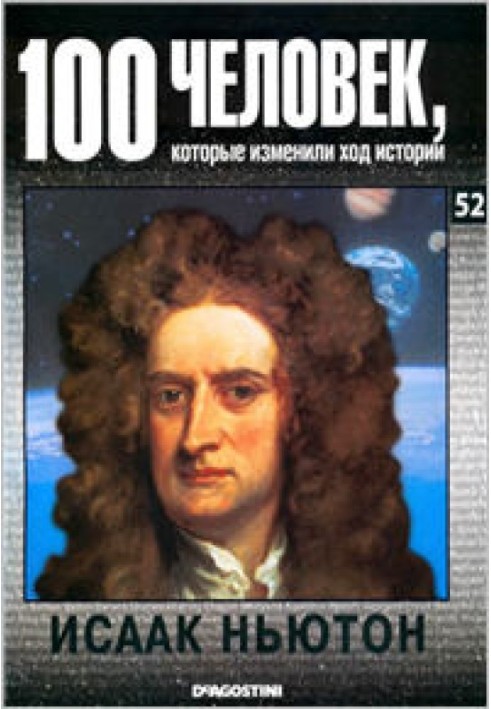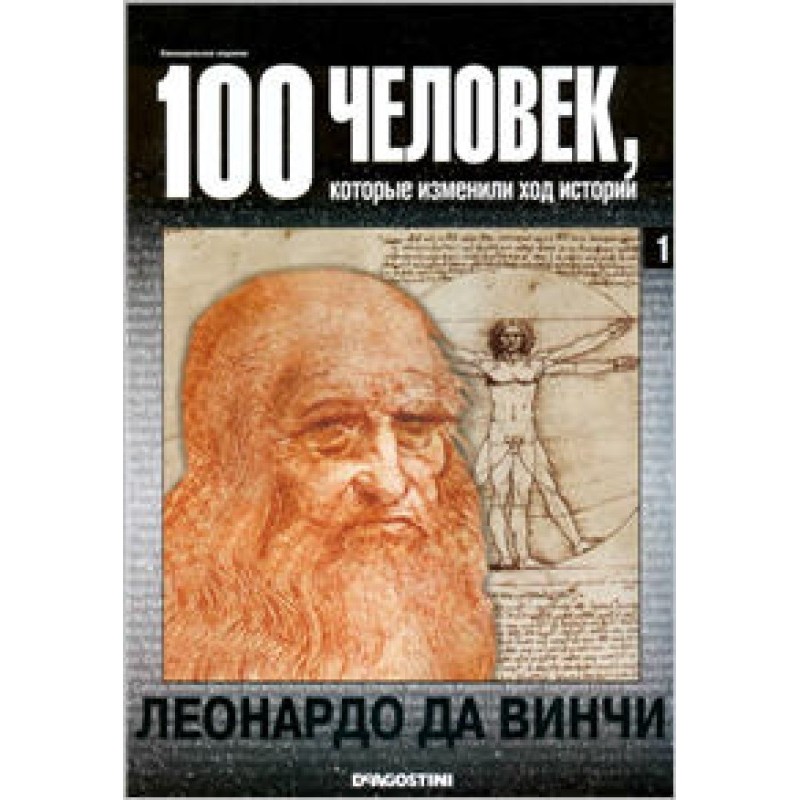Isaac Newton
 Instant download
Instant download
after payment (24/7)
 Wide range of formats
Wide range of formats
(for all gadgets)
 Full book
Full book
(including for Apple and Android)
The foundations of modern scientific thought were laid by pioneering scientists who devoted their lives to the study of natural sciences. The key figure among them is Isaac Newton (1643-1727) - an outstanding English physicist, mathematician and astronomer, creator of the theoretical foundations of mechanics and astronomy. He discovered the law of universal gravitation, created a theory of the motion of celestial bodies, developed (along with G. Leibniz) differential and integral calculus, invented a reflecting telescope and was the author of the most important experimental works on optics. Newton is rightfully considered the creator of “classical physics.” Moreover, his fundamental work “Mathematical Principles of Natural Philosophy” is not just a study in mechanics: the great English scientist, being a theologian, tried to understand how the absolute Divine will is transformed into imperfect ones accessible to human perception material forms. For many years, Newton secretly practiced alchemy. The scientist attached even more attention to this side of his creativity than to the purely practical applications of his mechanics. Without Newton's discoveries, the world of modern technology would not be possible. At the same time, the laws of mechanics and optics that he formulated were not an end in themselves for him. His desire to comprehend the incomprehensible forces scientists to turn to his works at every new stage in the development of natural science. According to Albert Einstein, “Newton was the first to try to formulate elementary laws that determine the time course of a wide class of processes in nature with a high degree of completeness and accuracy” and “... had with his works a deep and strong influence on the entire worldview as a whole.” .
Data sheet
- Name of the Author
- Анастасия Жаркова Евгеньевна
- Language
- Russian
Reviews
Величезний внесок у науку та людське розуміння світу
Книга про Ісаака Ньютона - це справжнє відкриття для тих, хто цікавиться історією науки та її великими постатями. Автор майстерно описує життя та досягнення Ньютона, підкреслюючи його роль як одного з найзначніших вчених в історії. Відкриття закону всесвітнього тяжіння та розробка основ механіки і оптики стали основою для подальших наукових досліджень. Читач дізнається не лише про його наукові досягнення, але й про таємничу сторону його життя, зокрема, захоплення алхімією, що додає глибини його образу. Книга написана зрозумілою мовою, що робить її доступною для широкого кола читачів, і водночас містить достатньо деталей для тих, хто прагне глибше зануритися в науку. Вона надихає на нові дослідження і відкриття, а також нагадує про важливість прагнення до знань. Рекомендую всім, хто хоче зрозуміти, як наука формувала наше сьогодення!



























